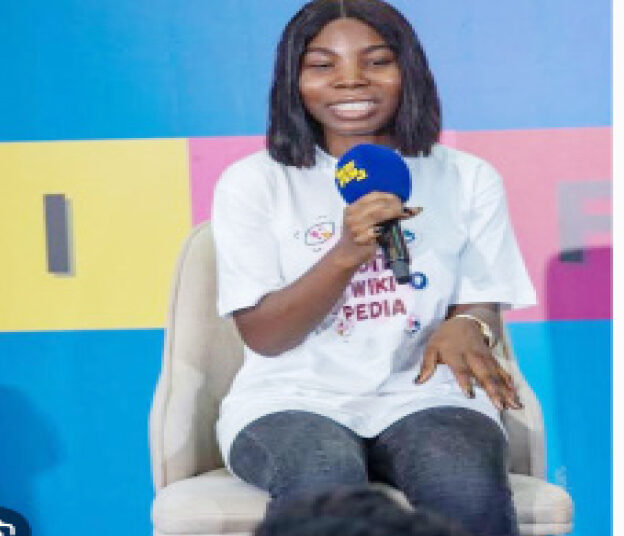Wikimedia Foundation, a global movement with the mission of providing free educational content to the world, has kickstarted a #ChangeTheStats campaign as part of its effort to raise the visibility of African women, including African Women Filmmakers, online.
Wikimedia Foundation Learning Network, Liaison Officer for Sub-Sahara Working Group, Bukola James disclosed at a one-day workshop titled Wiki Women in Film Edit-a-thon: Women’s Digital Empowerment & Representation in Film & Media at the 2024 Women International Film Festival Nigeria (WIFFEN).
James said the #ChangeTheStats campaign is targeted at increasing visibility of African Women on the internet who only make up 23 percent of the 50 percent population of women online globally.
With varied forms of the campaign happening at local, regional and international level, Wikimedia is educating women on the existing knowledge and data gaps, encouraging contributions and readability of contents on women online.
Whilst introducing student and professional filmmakers and film stakeholders at the festival to Wikimedia to over 16 Wikimedia projects, James specified Wikimedia Commons and Wiki Data as key tools to help promote the works and profile of filmmakers/actors. Wikimedia Commons, for its capacity to ensure the availability of high-quality audio-visual files of one’s work/project online, and Wiki Data as an open data repository that holds data of people, organizations and concepts, and is a veritable tool for filmmakers in need of alternative sources of research.
To ensure that only factual and objective information are uploaded on Wikimedia, the foundation deploys core content policies to guide content writing like its No Original Research and Neutral Point of View.
“To be neutral, we say “let others write about you and your story”. If there is someone interested in writing about a notable personality who is doing some great work in a community, a profession or discipline, the writing must meet this Neutral Point of View, and the No Original Research which ensures that contributors do not report primary sources on Wikipedia. We rather emphasize the use of secondary sources like newspapers, magazines, printed publications with ISBN/ISSN numbers, and DOIs for e-Journals, that we can trace to genuine sources,” said James.
Although, Wikimedia is yet to release a data analysis of its various activities under the campaign, James said in addition to witnessing an increase in readability of women content, there has been an increased interest by men to join their online training programmes.
“We have seen increased readership of articles on African women. We know that by the end of this campaign, we will have a lot of results. We feel that the International Women’s Day and month is a good way to start off this campaign but it is not the end of it. It is a wakeup call.”











